NCI
-
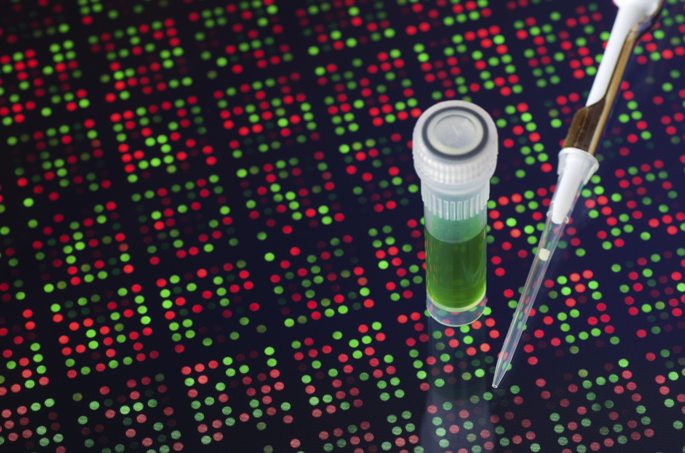
Breast cancer: finding the smoking gun
A new method developed at Vanderbilt may help “inventory” all tumor-promoting genes. Read MoreJul 20, 2016
-

VU takes key role in cancer drug discovery consortium
Vanderbilt University has been selected as one of seven Dedicated Centers in the nation for the next phase of the Chemical Biology Consortium (CBC), a national network of scientists on the leading edge of cancer drug discovery. Read MoreJun 23, 2016
-

President nominates Hiebert for National Cancer Advisory Board
President Barack Obama has nominated Scott Hiebert, Ph.D., professor of Biochemistry and associate professor of Medicine, to serve as a member of the National Cancer Advisory Board (NCAB). Read MoreJun 21, 2016
-
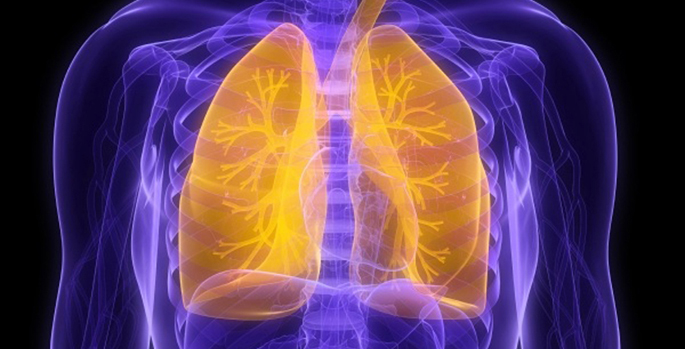
Pulmonary fibrosis culprits
New findings identify isoketal-modified proteins as a previously unrecognized feature of pulmonary fibrosis and as a potential therapeutic target for this disease. Read MoreJun 6, 2016
-

An Argonaute’s voyage to cancer
A genetic mutation that promotes cancer development blocks the normal sorting of a protein called “Argonaute 2.” Read MoreApr 28, 2016
-

Mechanism of a DNA repair protein
Vanderbilt investigators have discovered details about the mechanism of an important DNA repair protein that maintains genome stability. Read MoreApr 15, 2016
-
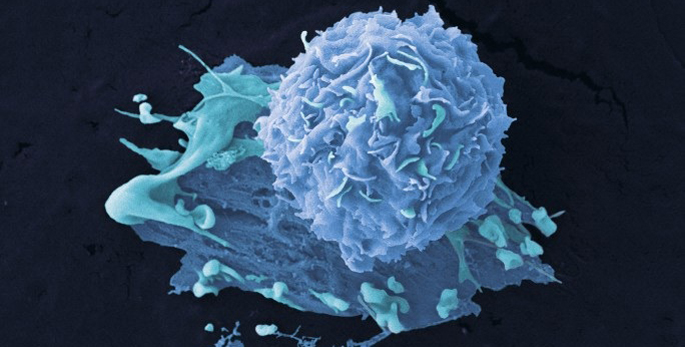
Switching breast cancer off
Signaling by a receptor that is overexpressed in aggressive forms of breast cancer has been linked to glutamine metabolism, suggesting new anti-cancer therapeutic targets. Read MoreApr 14, 2016
-

Pietenpol named to NCI Blue Ribbon Panel
Jennifer Pietenpol, Ph.D., B.F. Byrd Jr. Professor of Oncology and director of Vanderbilt-Ingram Cancer Center (VICC), has been selected to serve on a Blue Ribbon Panel that will inform the scientific direction and goals at the National Cancer Institute (NCI) for Vice President Joe Biden’s National Cancer Moonshot Initiative. Read MoreApr 7, 2016
-
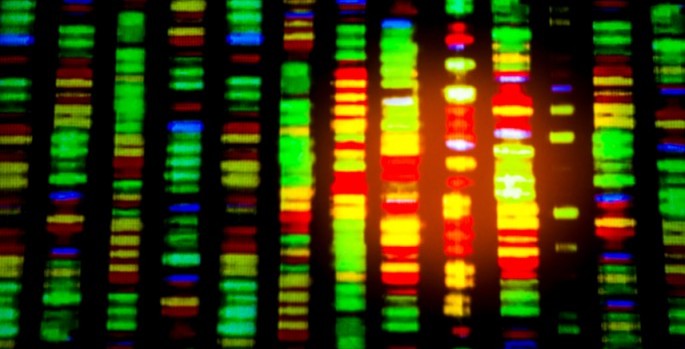
New role identified for p73 gene
The p73 gene is required for the generation of cilia – hair-like projections on cells – findings that could have implications for the study of lung diseases and sterility. Read MoreApr 1, 2016
-

Cancer prevention and poverty
A new epidemiological study supports smoking cessation and avoidance of sedentary lifestyle as cancer prevention measures. Read MoreMar 31, 2016
-

ROCKs and cancer invasion
The rigidity of the microenvironment around cancer cells drives invasive behavior through distinct ROCK signaling pathways, which could guide the development of specific anti-invasive therapies. Read MoreMar 17, 2016
-

Melanoma response to immune therapy
Melanoma-specific expression of a certain protein identifies tumors that are more responsive to an immune therapy. Read MoreMar 3, 2016
-

Combining treatments for melanoma
Combining therapies for melanoma that induce cell senescence and that activate the immune response may improve outcomes for patients. Read MoreFeb 18, 2016
-
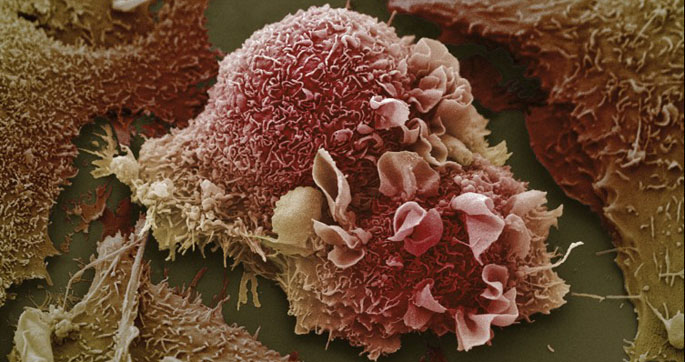
Overcoming lung cancer drug resistance
Vanderbilt investigators have discovered a way to overcome the resistance of some lung cancers to certain targeted therapies, which could lead to more effective treatments for lung cancer patients. Read MoreFeb 10, 2016
-

VICC joins other major cancer centers in HPV vaccine campaign
In response to low national vaccination rates for the human papillomavirus (HPV), Vanderbilt-Ingram Cancer Center (VICC) has joined 68 of the nation’s other NCI-designated cancer centers in recommending increased HPV vaccination for the prevention of cancer. Read MoreFeb 4, 2016
-
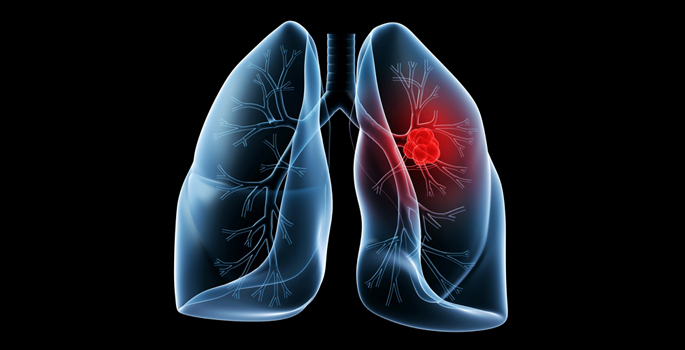
Study identifies new culprit in lung cancer development
A microRNA — a small piece of RNA involved in regulating gene expression — functions as an oncogene to drive the development of lung cancer, Vanderbilt University investigators have discovered. Read MoreJan 27, 2016
-

Wound-healing scaffolds
The elasticity of a scaffold used for healing skin wounds is a key factor in promoting regeneration versus scarring. Read MoreJan 27, 2016
-

Faulty building blocks in DNA
An enzyme that builds DNA is able to insert the wrong building blocks, which could generate mutations. Read MoreJan 22, 2016
-
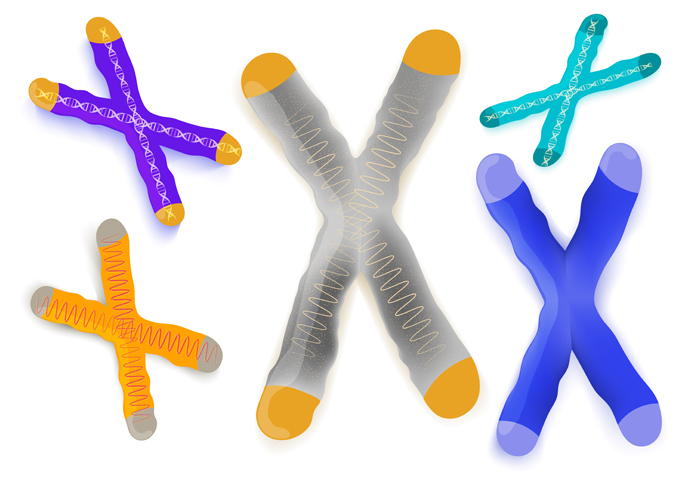
Copying chromosome caps
Telomeres – the caps on the end of chromosomes – are a source of stress for a particular protein involved in copying DNA, a new study reports. Read MoreJan 8, 2016
-

DISSECTing cell signaling networks
Vanderbilt researchers have developed a new method to study cell signaling networks at single-cell resolution. Read MoreDec 14, 2015